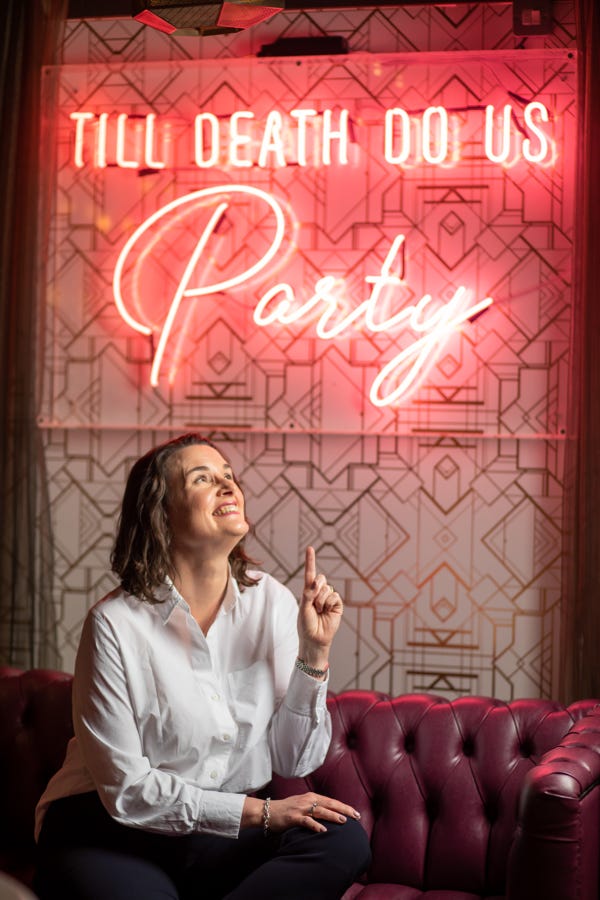New Year's resolutions are a waste of time.
How many times have you declared “New Year, New Me”?
Then proceeded to make a load of resolutions which start off well and then gently fade, like packed gyms in January followed with tumbleweeds by March.
I have many notebooks with versions of that bold statement, going back over several years. But I’m still the same old me. I have lost and gained the same number of kilograms, started and then sidled away from new diets, exercise programmes, attempts at mindfulness and yoga. It is both infuriating and shaming that I cannot keep up with my wellbeing goals, when I am so good at making changes elsewhere.
It is infuriating because I desperately want to make the changes. One of my core values and beliefs is that wellbeing is fundamental to my personal and professional life. I know that if I take care of my wellbeing, I will see improvements in so many other areas of my life. I have the knowledge and expertise to make it a priority and yet I allow other things to push in front year after year. There is always something “more important” for me to attend to.
When I inevitably declare the first few “New Year, New Me” weeks as a failure (AGAIN), that is where shame creeps in. The nasty, negative self-talk, and resignation to the fact that it’s the same old me again and I would be surprised if it were any different. Willpower be dammed!
This year, I’m not going to bother. I will save at least 2 hours by NOT carefully planning a beautiful opening page of a new notebook and repeating the same structured wellbeing plans and goals as last year.
That will give me more time to focus on a different approach.
A couple of weeks ago, I came across the idea of “Immunity to change.” The concept describes why we resist change and, without realising, actively prevent the change. I listened to two podcasts (part one and part two) where Bréne Brown worked with Lisa Lahey on her “immunity to change map.” I found it fascinating to hear coaching in action and how it uncovered her aversion to change.
In her own words (it made her squirm):
“I don’t like to think of myself as someone who’s averse to change. But, man, am I averse to change. Enter the amazing Lisa Lahey. She is a Harvard Graduate School of Education faculty member who has built a body of work to help learners and leaders overcome the innate human aversion to change. And I thought, when I asked her to join us for a two-parter on this podcast, that we’d talk about the “immunity to change” theory—how change happens, why it’s so hard—from an academic perspective. Instead, she walks me through a very personal struggle around something in my life that I’ve desperately wanted to change but just seemingly cannot. The conversation that unfolds is raw. It’s vulnerable. It’s revelatory. And I’m so glad you’re here for it.”
It is not a personal flaw to resist change, even when you know it is good for you, but a normal part of being a human being. The interesting part for me is to discover the fundamental part of your behaviour, that has helped you to get to where you are now. It has been a successful strategy to date and has worked well for you. But now that successful behaviour is holding you back from where you want to go next. Effective and sustained change has nothing to do with endless amounts of willpower. That knowledge helps to put shame back in its box and allow a more creative approach to change.
I have committed to a self-coaching experiment for the New Year instead of the doomed to fail “New Year’s resolution model of change.” Robert Kegan and Lisa Lahey’s book “Immunity to Change” arrived just after Christmas and I am excited to see what happens next. I will keep you posted in the coming weeks, click the button to subscribe.
Happy New (resolution free) Year!




